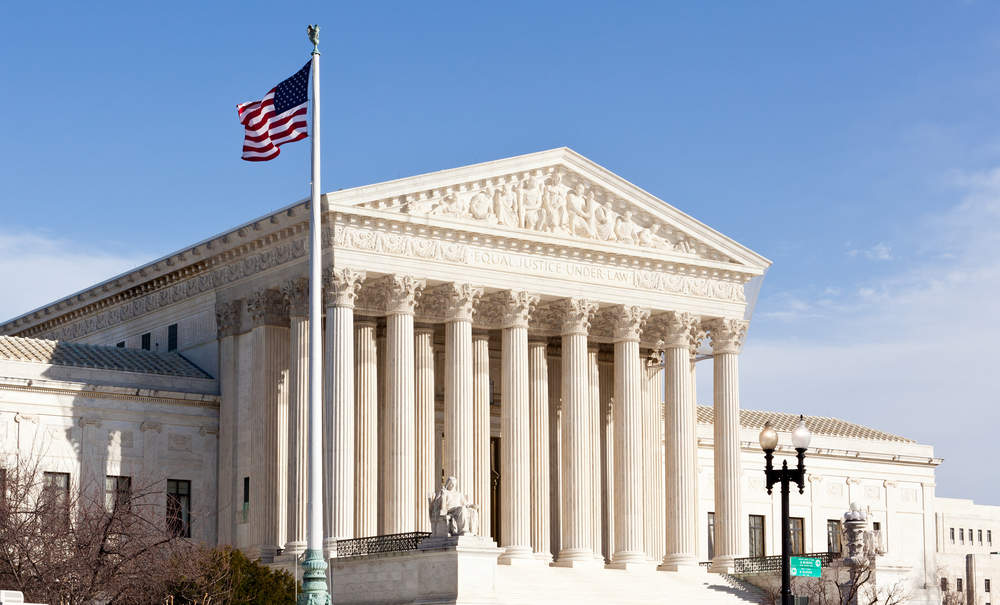The recent Supreme Court decisions eliminating Chevron deference and granting presidents all-but blanket immunity have prompted responses from Congress, both to support and invalidate the rulings.
No Kings Act
In response to the High Court’s presidential immunity ruling, over 30 Democratic Senators joined Majority Leader Chuck Schumer (D-NY) and introduced a bill that would overturn the decision. The “No Kings Act” would reaffirm that the president is not immune from legal accountability and remove the Supreme Court’s jurisdiction to hear appeals related to presidential immunity from criminal law. The bill would clarify that Congress, not the Supreme Court, determines to whom federal criminal laws may be applied.
In a direct attack on the Court, the Act would remove the Supreme Court’s appellate jurisdiction for all actions challenging the constitutionality of the legislation. The bill would allow presidents and vice presidents to challenge the constitutionality of the No Kings Act only in the District Court for the District of Columbia. Any appeal would be handled by the Court of Appeals for the District of Columbia Circuit.
Using the Exceptions Clause of Article III of the Constitution, Congress would preclude the Supreme Court from hearing any appeals to these challenges. It would further remove the Supreme Court’s appellate jurisdiction to interfere with any criminal proceedings involving presidents or vice presidents on the basis that an alleged criminal act was an official action.
The wholly partisan support indicates the bill will have little chance of surviving in the current Senate.
Future of Judicial Review of Agency Rules
The Congressional response to the elimination of Chevron deference is also strictly partisan.
Senator Elizabeth Warren (D-MA) introduced a bill (S. 4749) that would codify Chevron deference by allowing agencies to write rules based on their “reasonable” interpretation of the law. Representative Pramila Jayapal (D-WA) introduced companion legislation in the House (H.R. 1507) last year, even before the Supreme Court’s decision came down. The enforceability of such an act on the 881 Article III judges is as difficult to contemplate as is the passage of the bill.
For their part, Senate Republicans are focusing on a number of agency rules to maximize the impact of the Loper Bright decision.
Republican Senators plan to propose more than a dozen bills aimed at establishing the Court’s preeminence in determining the legality of federal agency interpretations. Possible bills include creating a separate regulatory office on Capitol Hill and expanding the statutory exceptions to the filibuster for agency rules. These bills, like those introduced by Democratic Senators, are largely designed to advocate a political position rather than seeking enactment and have little chance of passing.
Role of Courts Is Elevated
Congress’ legislative authority is unchanged by the Supreme Courts’ rulings—it continues to be able to legislate as it wishes. What has radically changed is who gets to interpret what Congress enacts and what the agencies propose. By elevating the role of the courts, Congressional Republicans are ignoring the current political diversity of the lower courts and future changes to the Supreme Court. What may seem a course of action intended to institutionalize a favored position today may become a vehicle for opposing views.

